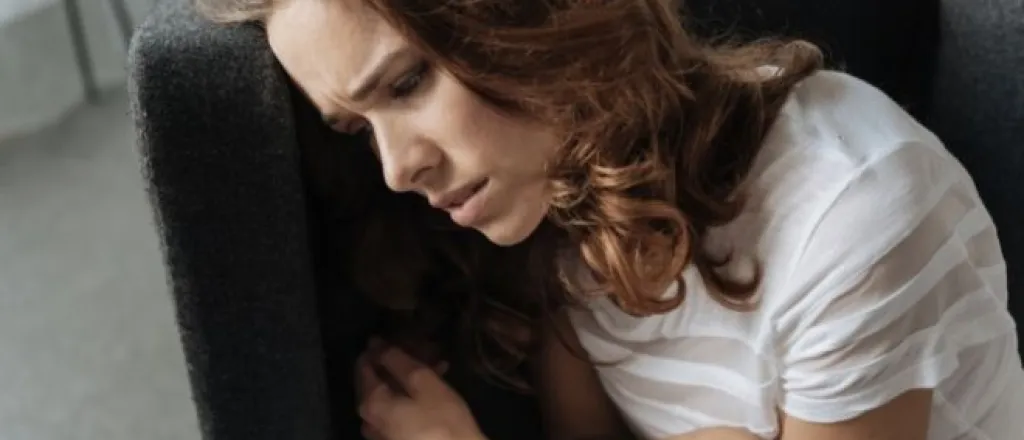
The Difference Between Grief and Depression
Grief and depression are two different mental and emotional conditions, but they share many similarities. It’s not always easy to distinguish between grief and depression, especially because depression can stem from grief. Learning the difference between grief and depression is the key to better understanding your mental health and getting the treatment you need. Learn more about both conditions and how they affect your life with this guide.
Grief and Depression Are Similar
Grief and depression often look very similar. They share many symptoms, and the two conditions can overlap and influence each other. Some common symptoms that can stem from both grief and depression include:
- Feelings of intense sadness
- Weight loss and changes in appetite
- Insomnia and changes in sleep patterns
Grief, like any trauma, can develop into depression over time, especially if you don’t process the feelings of loss and sadness. Because of their similarities, understanding where grief ends and depression begins can be challenging. That’s why it’s important to learn the differences between grief and depression as well as how each condition affects you.
How Grief and Depression Differ
Everyone experiences grief and depression differently. However, in most situations, feelings of grief resolve over time. Grief also tends to occur more strongly when certain things—such as birthdays or memories—remind you of a loss. Depression, on the other hand, is more consistent and can turn into a lifelong condition without treatment. The two conditions also have unique symptoms. Depression can manifest in feelings of guilt, worthlessness, and loss of interest in activities you once enjoyed. Unique symptoms of grief might include struggling to accept the loss or focusing too much on the loss.
Finding the Help You Need
Professional treatment can help you heal from both grief and depression. Cognitive behavioral therapy can be useful for individuals who need help addressing and processing their grief. Similarly, seeking treatment for depression helps patients overcome symptoms of depression to feel happier and more fulfilled with their lives. A professional therapist can help you sort through feelings of grief as well as symptoms of depression so that you can take care of yourself as you heal.

















